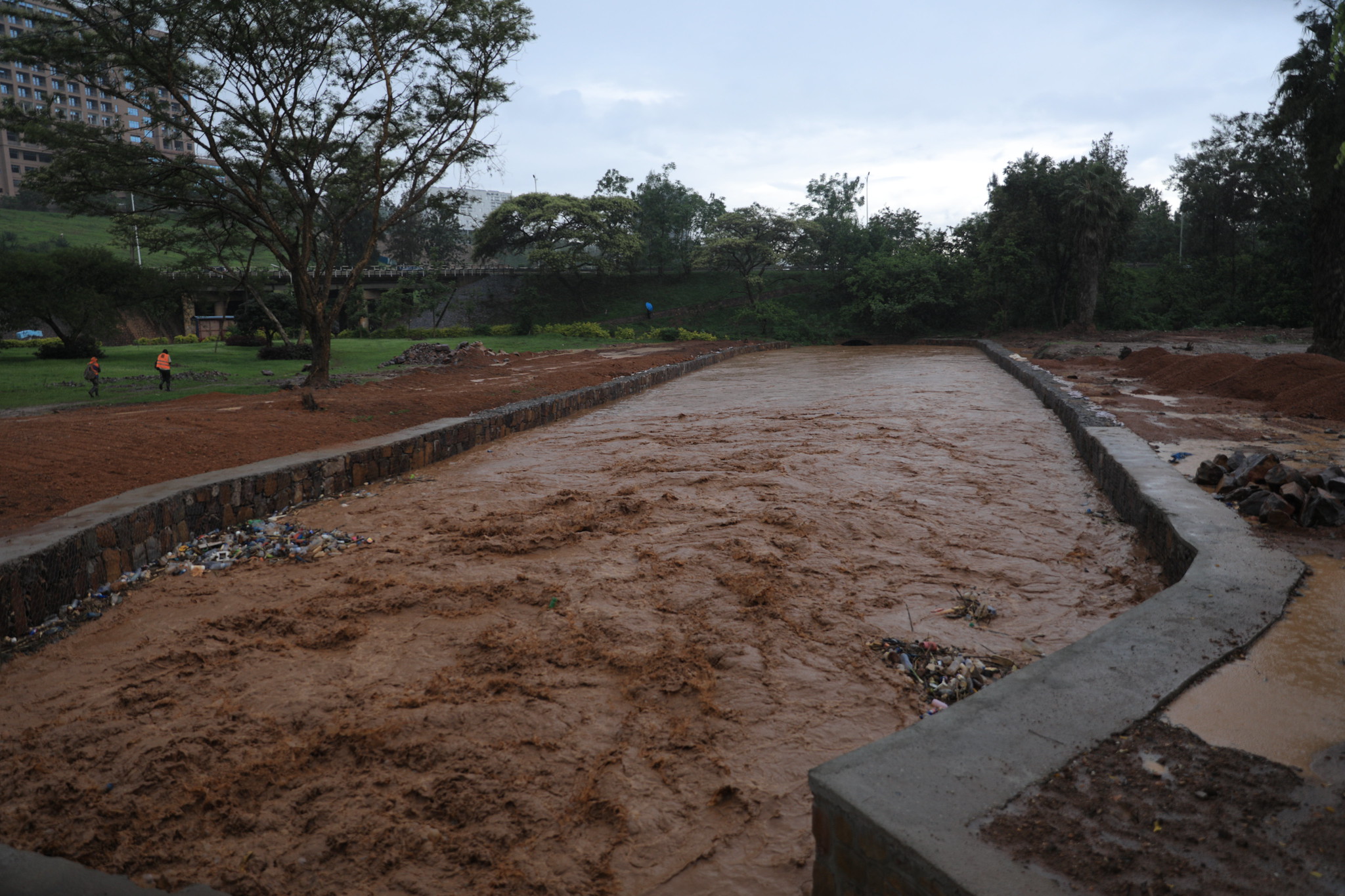

This June, Commonwealth leaders travel to Rwanda to reaffirm their common values and agree actions and policies that will improve the lives of their citizens. One of the most anticipated topics of discussion at CHOGM is climate change. Commonwealth People’s Forum has dedicated an entire theme on ‘Climate Change and Leadership for Change in the Commonwealth’.
In the People’s Forum, leaders and speakers, notably Dr. Jimmy Fletcher, Harjeet Singh, Maxwell Gomera and Grace Ineza are expected to discuss climate justice. It is for sure that climate justice issues such as difference in vulnerabilities and disparities in dealing with climate change effects and equity in adaption and mitigation measures will be discussed.
These are the most pronounced climate justice issues. However, a more compelling and fundamental issue—Climate Change-Induced Loss and Damages is often relegated to oblivion. I believe that in this CHOGM, Fletcher, who has been the integral part in negotiating the Paris Agreement and in 2021 launched Caribbean Climate Justice Project, will lead a discussion on Loss and Damages.
The concept of loss and damage (hereafter L&D) emerged to the climate policy podium three decades ago. It was later concretised through a proposal put forward by the Alliance of Small Island States (AOSIS). Since then, L&D discourse has become institutionalised in international climate policy through the Warsaw International Mechanism for Loss and Damages adopted in 2013 and was given firm consideration in the Paris Agreement in 2015.
It is however prudent to note that the recognition of Loss and Damage took too long even after the adoption of United Nations Framework Convention on Climate Change, roughly 21 years later.
The reason to this delayed recognition of L&D is due to the competing perspectives that have bedridden the UNFCCC negotiations: on one hand, developing countries have demanded developed and industrialised countries to accept climate change responsibility, repair the damage and compensate for the loss caused, while on the other, developed countries find it costly to admit the responsibility, so denies any liability and consequential reparations hence treating losses and damages as a sub-component of adaptation within the UNFCCC negotiations therefore avoiding the liability and compensation.
A position that was initially reflected by Warsaw mechanism by incorporating loss and damage as a subcategory of adaptation, rather than treating it in its own right. This treatment of L&D as a peripheral issue was later rectified by Paris Agreement which dedicated Article 8 of the Agreement to L&D as separate article and as a third pillar of international climate after and on an equal footing with mitigation and adaptation.
Despite of this detailed provision of loss and damages in the Paris Agreement, the Conference of Parties in its decision 1/CP.21 played political and relieved developed countries of any responsibility and liability and therefore compensation for L&D by stating that "Article 8 of the Agreement does not involve or provide a basis for any liability or compensation”. This is not surprising given the politics involved in the UNFCCC process.
Should we expect something different from CHOGM?
The 2019 COP25 in Madrid had welcomed and agreed to set up a research and technical assistance network on the issue of loss and damage from human-induced climate change, hence the Santiago Network on Loss and Damage (SNLD). The general idea was that the network would catalyse the technical assistance of relevant organizations, bodies, networks and experts for the implementation of relevant approaches at the local, national and regional level in developing countries that are particularly vulnerable to the adverse effects of climate change.
However, COP25 decisions did not narrow down exactly how the SNLD would be formed and its exact and clear mandate. This issue thus was left to be discussed in COP26. Indeed, SNLD was then discussed in the first week of COP26 in Glasgow. COP26 decision agreed to further operationalization of SNLD including the decision to hold further workshops and finalise the setup in COP27 next year.
Although this was a positive outcome, it was only technical progress, the COP26 had to address the substantive issues of L&D such as finance, liability, compensation etc. So, in the second week of COP, all the developing countries under the Group of 77—which represents over 136 developing countries with China, advanced a proposal to create the Glasgow Facility to finance the solutions to loss and damage as part of the overall Glasgow Climate Pact.
The proposal was rejected, led by the US and some other rich nations, instead agreed only to hold a dialogue on finance for loss and damage. "The outcome of this was that the COP26 Presidency pushed developing countries to accept this outcome as part of the Glasgow Climate Pact”. Quite an unfortunate ending of COP26. All eyes are now set to COP27 under the presidency of Egypt where many are expecting that this issue will be treated more seriously.
But before we set our eyes to COP27, we have CHOGM in our sight to discuss these critical aspects of Loss and Damages: Climate finance for L&D, Liability and Reparations, Coloniality of Climate Change and the Future of Loss and Damages. Hopefully this will form the best part of Climate Justice theme.

